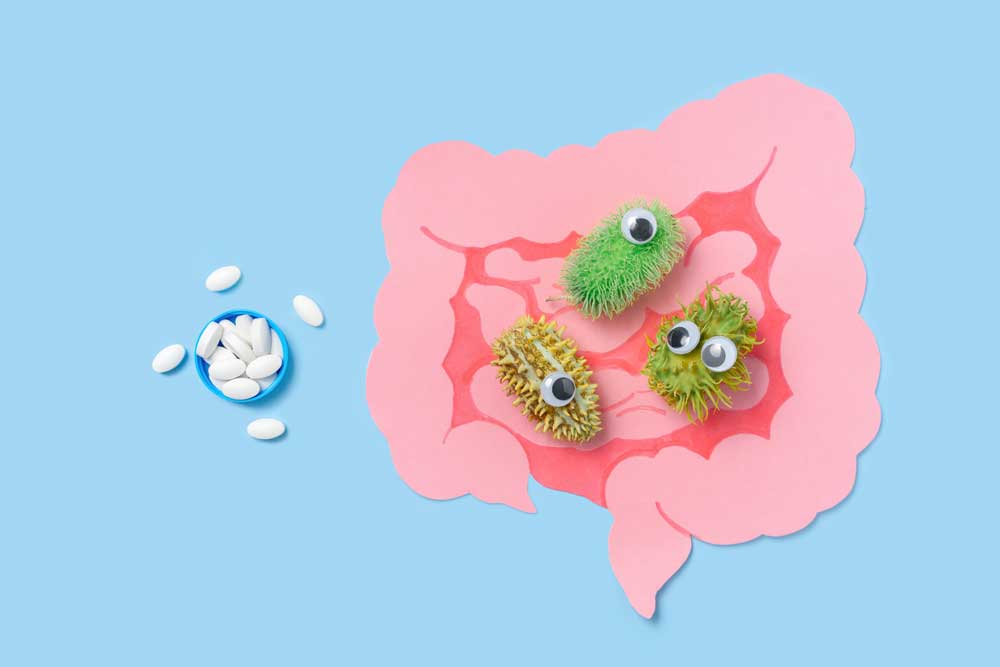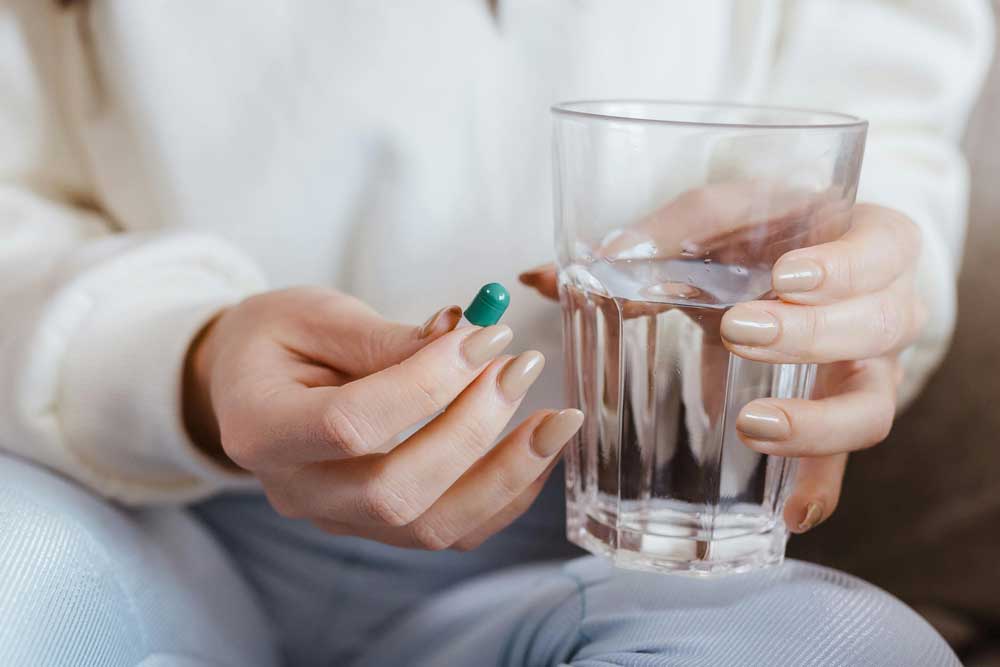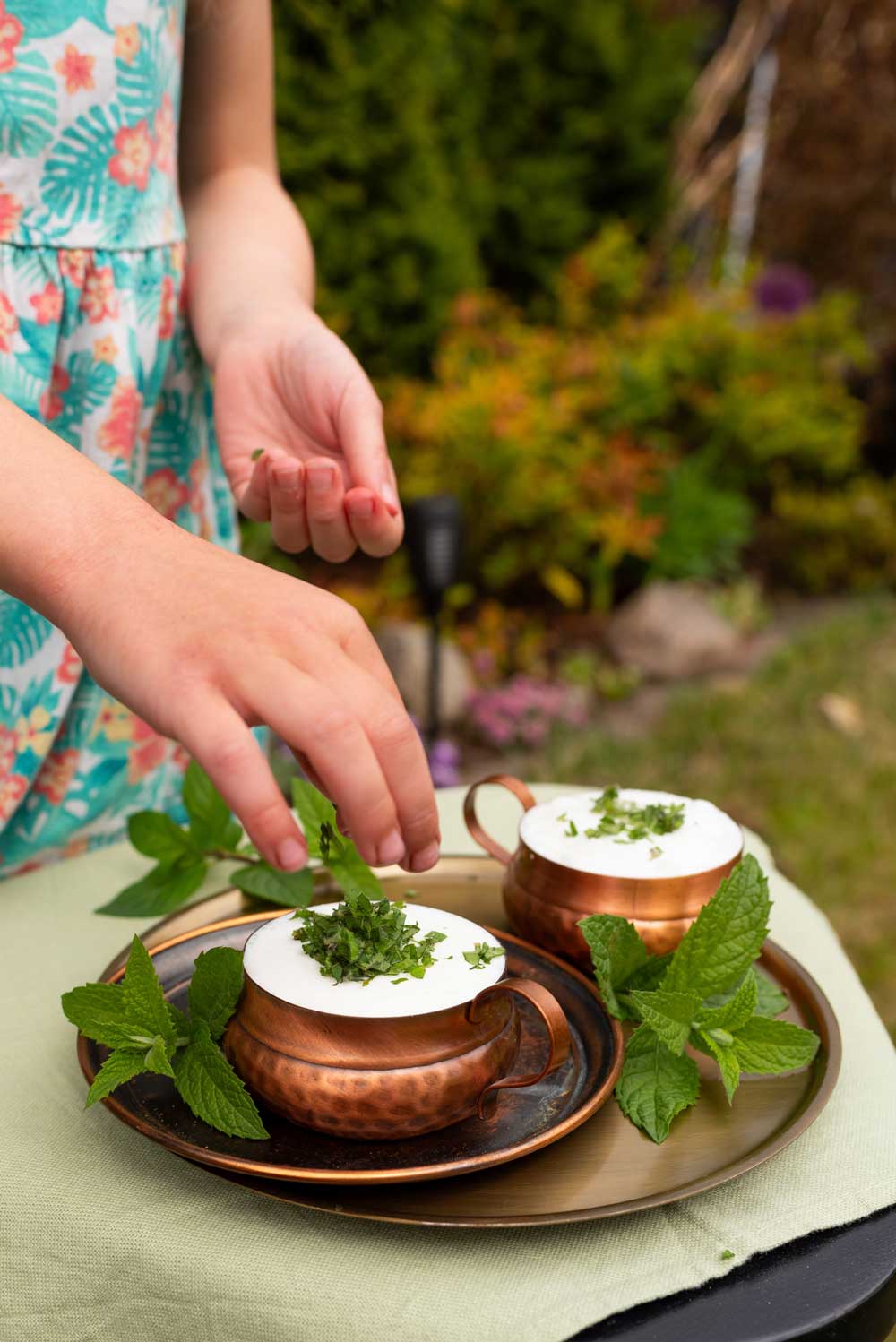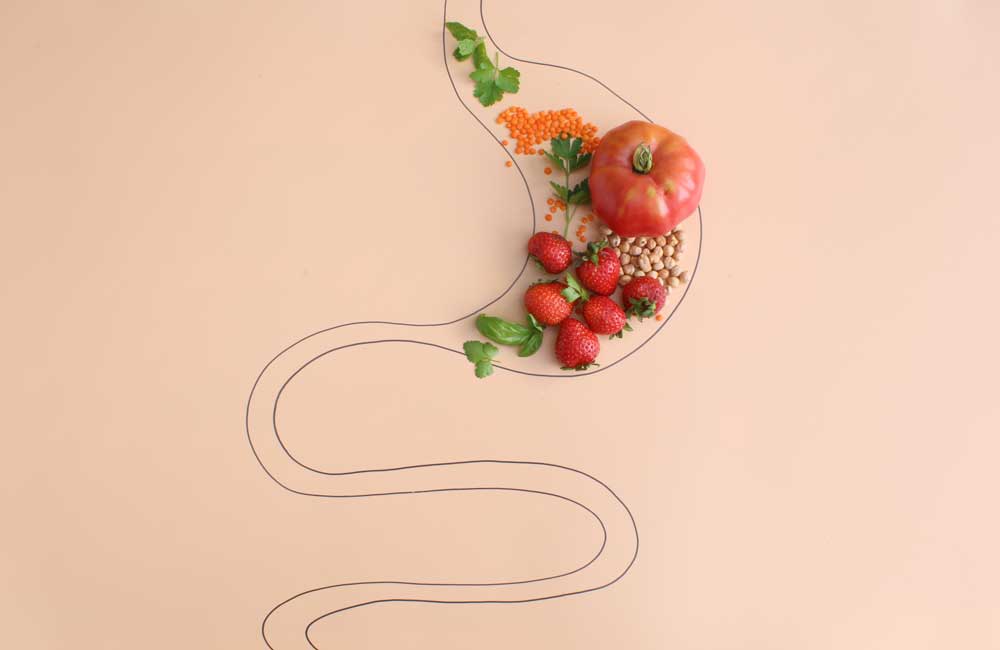Antibiotics are powerful medications, but they don’t just eliminate infection — they also disrupt the fragile ecosystem of your gut. Your digestive system hosts trillions of bacteria, collectively called the gut microbiome, which play a critical role in digestion, immunity, and emotional well-being. After antibiotics, this balance is disturbed, but with the right food, you can rebuild your gut naturally and effectively.
Dr Radhika Mehra, an integrative gut-health specialist, explains, “Indian diets are naturally gut-friendly when cooked fresh, eaten mindfully, and balanced with spices like haldi, ajwain, and hing. After antibiotics, your priority should be hydration, simple meals, and fermented foods. Gut healing isn’t instant, but it’s absolutely possible with Indian ingredients.”

Why Antibiotics Hurt Your Gut
Antibiotics don’t distinguish between good and bad bacteria. They wipe out harmful microbes and beneficial ones, such as Lactobacillus, that support digestion, fight inflammation, and maintain a healthy gut lining. This disruption can lead to digestive issues, low immunity, and even mood disturbances due to the gut-brain connection.

Signs Your Gut Is Out of Balance
If your gut has been affected by antibiotics, you might notice:
- Gas, bloating, or acidity
- Irregular bowel movements (constipation or loose stools)
- Food sensitivities (especially to dairy or wheat)
- Skin issues like acne or rashes
- Sugar cravings
- Low energy, brain fog, or mood swings

Best Gut-Healing Foods
India offers a treasure trove of gut-friendly, natural healing foods:
Curd (Dahi): Rich in probiotics like Lactobacillus acidophilus. Homemade, unsweetened dahi is best.
Buttermilk (Chaas): A diluted version of curd, often spiced with jeera and hing — both of which aid digestion.
Fermented foods: Idli, dosa, kanji (fermented rice water), achar (traditional pickles), and kombucha (now increasingly available in Indian cities).
Methi (fenugreek) and jeera (cumin): Both aid digestion and reduce inflammation.
Moong dal khichdi: Light on the stomach, rich in prebiotic fibre, and soothing to the gut.
Raw banana (kacha kela): Contains resistant starch that acts as a prebiotic.
Coconut water: Natural electrolyte that supports hydration and gut health.
Ghee: Contains butyrate, a short-chain fatty acid that nourishes the gut lining.
Vegetables like onions, garlic, leeks, and drumsticks (moringa): Great prebiotic sources.
Prebiotics vs Probiotics
Probiotics are live bacteria found in fermented foods like curd, chaas, kanji, and pickles.
Prebiotics are fibres that feed these good bacteria. Found in garlic, onions, oats, bananas, and whole grains like jowar, bajra, and ragi.
Together, they restore your gut ecosystem.
What to Avoid While Healing
While you’re focusing on recovery, cut down on:
White sugar and sweets: Fuel bad bacteria and yeast.
Excess tea/coffee: Especially on an empty stomach.
Processed snacks: Chips, biscuits, refined oils, and preservatives worsen gut imbalance.
Deep-fried and spicy foods: Can irritate your gut lining during recovery.
Packaged foods and soft drinks: Often loaded with additives and artificial sweeteners.

How Long Does It Take to Rebuild Your Gut?
Everyone’s gut responds differently. For most people, it takes 4 to 12 weeks of consistent, gut-friendly eating and lifestyle habits to feel normal again. If you’ve taken multiple antibiotic courses, healing may take longer. Ayurvedic wisdom suggests a seasonal reset — at least 3 months, for gut repair.
Sample Gut-Healing Meals
Breakfast: Idli with coconut chutney or poha with cooked veggies and jeera.
Mid-morning: Tender coconut water or chaas with roasted jeera.
Lunch: Khichdi with a spoon of ghee and sautéed bottle gourd (lauki).
Snack: Steamed moong sprouts or kanji.
Dinner: Roti made with jowar or bajra, sautéed vegetables, and curd.
Before bed: A small bowl of homemade dahi or turmeric milk.

With time-tested Indian remedies, a little patience, and the wisdom of traditional diets, your gut can heal and thrive again. A healthy gut means better digestion, stronger immunity, and a more balanced mind.